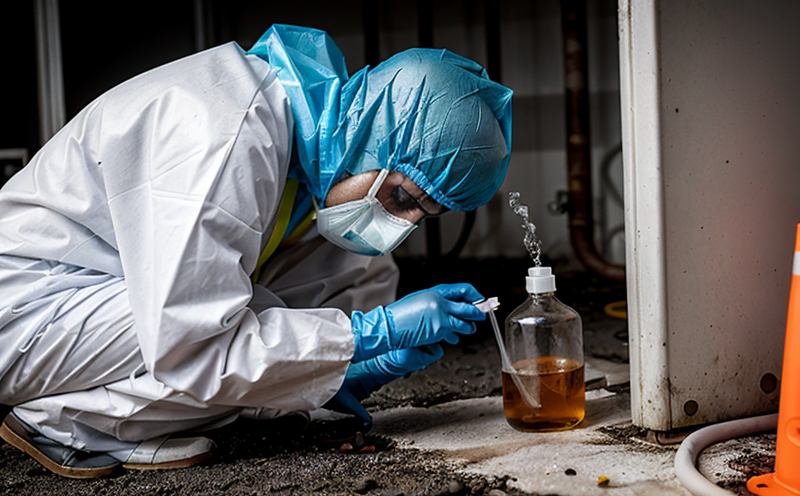ASTM E1097 Determination of Impurities in Powder Metallurgy Materials
The ASTM E1097 standard provides a method for the determination of impurities present in powder metallurgy (PM) materials. This is crucial for ensuring product quality and compliance with regulatory requirements, particularly in sectors like aerospace, automotive, and medical devices where purity is paramount.
Impurities can significantly affect the mechanical properties, wear resistance, and overall performance of PM parts. ASTM E1097 helps identify and quantify these impurities through a precise analytical process. The test involves dissolving the sample in nitric acid under controlled conditions before analyzing the solution for trace elements using atomic absorption spectroscopy (AAS) or inductively coupled plasma optical emission spectrometry (ICP-OES).
This method is particularly useful for detecting impurities such as iron, copper, chromium, nickel, and other trace metals that can impact the quality of PM materials. The results from ASTM E1097 are essential for process control, material selection, and ensuring product reliability.
The testing procedure requires careful sample preparation to ensure accurate results. This includes sieving the powder to achieve a uniform particle size, accurately weighing the sample, and ensuring it is free from visible contaminants before dissolution in nitric acid.
ASTM E1097 compliance ensures that manufacturers can produce high-quality PM parts that meet stringent industry standards. It is especially important for sectors like aerospace, where even small amounts of impurities could lead to catastrophic failures. The test results provide critical data for R&D teams to optimize manufacturing processes and ensure material integrity.
The method is also valuable in quality assurance programs, helping compliance officers verify that materials meet specified purity levels. For procurement departments, ASTM E1097 ensures that suppliers are meeting the highest standards of purity.
In summary, ASTM E1097 is a vital tool for ensuring product integrity and reliability. Its application in powder metallurgy allows manufacturers to produce parts with consistent quality, which is essential for maintaining high safety standards across various industries.
Applied Standards
| Standard Number | Description |
|---|---|
| ASTM E1097-18a | Determination of impurities in powder metallurgy materials by atomic absorption spectroscopy and/or inductively coupled plasma optical emission spectrometry (AAS/ICP-OES) |
Eurolab Advantages
EuroLab offers unparalleled expertise in ASTM E1097 testing, providing accurate and reliable results that meet the highest industry standards. Our state-of-the-art laboratories are equipped with cutting-edge analytical instruments, ensuring precise measurements of impurities.
Our team of experienced analysts is well-versed in ASTM E1097 procedures, allowing us to deliver consistent and repeatable results. We offer quick turnaround times for our clients, which is particularly important for quality managers who need timely data to make informed decisions.
EuroLab’s commitment to accuracy and precision extends beyond just the testing process. Our services also include detailed reports that provide comprehensive insights into impurity levels in PM materials. This information is invaluable for R&D teams looking to optimize manufacturing processes or troubleshoot issues.
We pride ourselves on our customer-centric approach, offering tailored solutions to meet the specific needs of each client. Whether you are a quality manager, compliance officer, or an R&D engineer, EuroLab is here to provide the support and expertise needed for ASTM E1097 testing.
Why Choose This Test
- Precise measurement of impurities in PM materials
- Compliance with industry standards like ASTM E1097
- Supports quality assurance and process control programs
- Ensures product reliability and safety across various industries
- Provides valuable data for R&D teams to optimize manufacturing processes
- Quick turnaround times for timely decision-making
- Detailed reports with comprehensive insights into impurity levels





